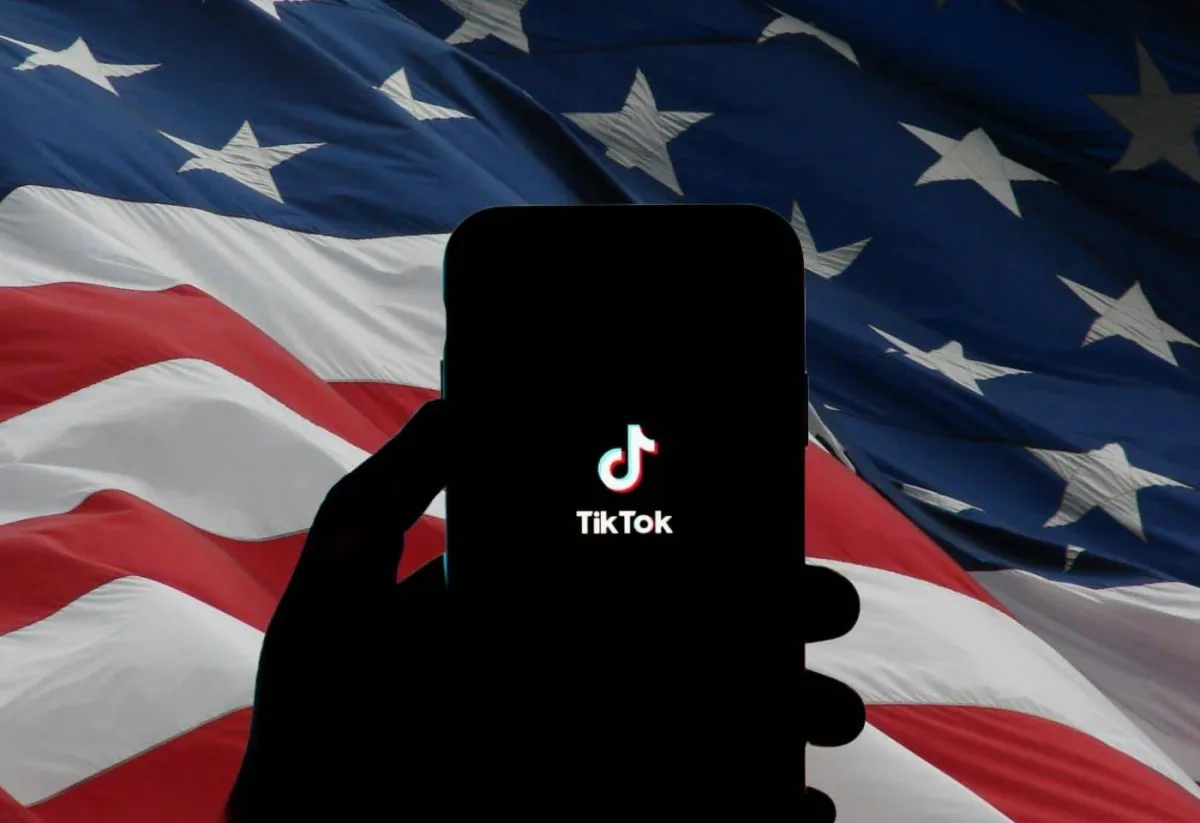Introduction to the New Project
The TEK-TOK platform is preparing to undergo the largest transformation in the social media industry since its inception. After months of pressure and threats due to fears that the Chinese authorities could access data from American users, reliable media sources have published news of a new, fully independent version of the project for the American market. This project, temporarily referred to as "M2," will resemble its Chinese counterpart "Dwayne" and is expected to launch in early September 2025.
The Problem of Digital Sovereignty
The American "TEK-TOK" project comes after many months of confrontation between the Chinese platform and the American administration. The issue of "digital sovereignty" posed by "Tek Tok" originated in the corridors of the US Congress in 2024 with former President Biden and continued in 2025 with President Trump. American legislators acknowledged a strict federal law that forced BYTE "Dance," the Chinese company that owns "Tik Talk," to choose between selling its stake in "Tech Talk" to American investors or facing a comprehensive ban on the largest digital markets worldwide.
The motivation behind this law goes beyond traditional security concerns to achieve the essence of the concept of "digital national security," or digital sovereignty. The US Ministry of Internal Security published a partially secret report revealing "real strategic risks" posed by the possibility of personal data from 170 million Americans being used in influence or espionage operations. Therefore, the problem for Americans is not only a commercial conflict between large companies but also a real struggle to determine who controls the future of global digital communication.
The Importance of the American Market
The American market is not just a number in the books of the "Byte Dance" group, which owns "Tech Talk," but its beating heart. The numbers speak clearly: 170 million American users represent a sales engine that pumps $12.3 billion annually into the Chinese company’s treasures. However, the real value exceeds direct financial figures. According to an internal study received by the Wall Street Journal, the American user spends an average of 107 minutes a day on the platform, a record number that exceeds any other country. This precious time leads to 47 billion views per month for advertisements, generating an average of $73 per year, compared to $3.35 for the European user.
American companies also rely on "Tek Tok" as a basic marketing channel. Despite continuous threats, President Donald Trump postponed the ban three times in a row. A recent study by the American Chamber of Commerce showed that 58% of small and medium-sized companies achieved more than 40% of their sales thanks to campaigns on the Chinese platform.
Billions of Dollars and Enormous Technological Challenges
In view of this data and to avoid the embargo, it was agreed to start the new "M2" project or "American Tuk," which will be fundamentally different from the global version. According to CNN and Reuters, the launch will be gradual, starting in September 2025, with a transition period for users until March 2026 before the old version is gradually withdrawn. The news is about the "most complex" engineering process in the history of social media. Since the task requires a complete reconstruction of everything: from servers and infrastructure to algorithms and models for artificial intelligence.
Sources near the project showed that the estimated costs exceed $4.7 billion and that the establishment of 12 new data centers distributed on American soil will use 15,000 developers and engineers, as well as the transfer of more than 2.3 trillion videos to the new servers. The biggest challenge is to rebuild the Magic algorithm that made Tech a global phenomenon. This algorithm, developed by Chinese heads over the years, must be fully equipped with only American user data, which can initially affect the accuracy of the recommendations.
Beijing Refuses to Give Up the "Technical Jewel"
The Chinese government was not idle through this development; the Chinese Ministry of Commerce submitted an official statement in which the Tick-Tok algorithm was described as a "sensitive technology of national strategic importance," which may not be exported or shared with foreign parties. This solid Chinese position moves "byte dance" into a very critical situation. The company is legally demanding that the American side give up its control, while the Chinese authorities prevent it from handing over its most important technical assets.
An Opportunity for Competitors
In this department, large American technology companies see an unforgettable golden chance. The "Mita" company announced an additional investment of $3 billion in the development of "Instagram Reels," while Google doubled its marketing budget for "YouTube Shorts." And "Snapchat" starts a broad campaign to win creators of "Tik Talk" with seductive financial offers of up to one million dollars for adult stars. This is an addition to the X platform, which gradually developed short videos to use the expected chaos.
Future Scenarios: Success or Disaster?
The best scenario includes the success of the American "TEK-TOK" in maintaining its attractiveness and market share, which can encourage other countries to implement similar models, such as European countries and India. The worst scenario can experience the failure of the new algorithm in the "Instagram Reels" competition and the YouTube Shorts, which leads to a collective shift of users and creators and the collapse of the market value of the platform. The American Content Makers Association estimated a loss of $2.1 billion a year in the event of project failure and collapse of advertising contracts, especially American content manufacturers. Therefore, some of them claimed legal guarantees and compensation in the event of their income loss.

